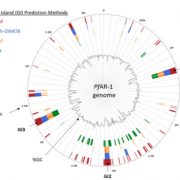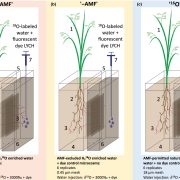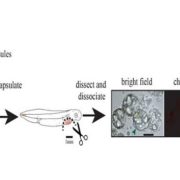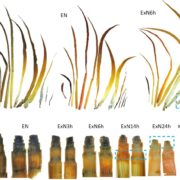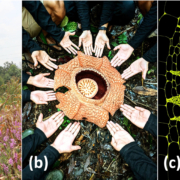Long-Days Enhance Jasmonic Acid-Related Plant Defense
Depending on the species, daylength profoundly affects the timing of key developmental transitions in plants, including, floral initiation, tuberization, and bud set and growth cessation in trees. To explore additional effects of daylength on plant function, Cagnola et al. (10.1104/pp.18.00443) investigated the transcriptome of Arabidopsis plants grown under short days (SD) and transferred to long days (LD). Compared to the transcriptome under SD, the LD transcriptome was enriched in genes involved in JA-dependent systemic resistance. Given this result, it is not too surprising that LD conditions enhanced plant resistance to the necrotrophic fungus Botrytis cinerea. What was surprising, however, was that the plants grown in LD did not have increased levels of JA: rather the enhanced JA-induced defense induced by LDs stemmed from an increased expression of the transcription factor MYC2 and a reduction in the nuclear activity of CONSTITUTIVE PHOTOMORPHOGENIC 1 (COP1) nuclear activity, which in turn allowed for increased stability of the gibberellin-repressing DELLA protein. This last finding is of interest because the hormonal signals gibberellin and JA often interact antagonistically to regulate diverse aspects of plant growth.



